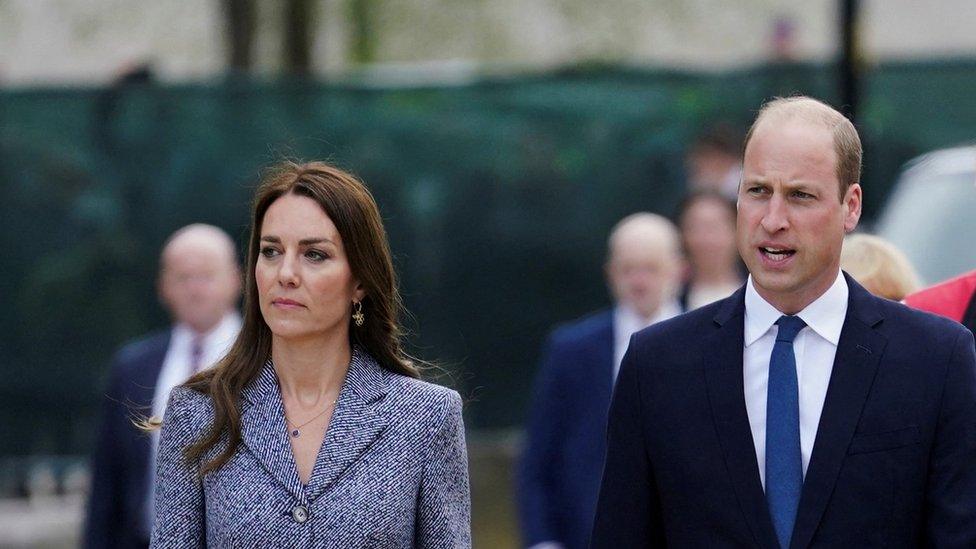Manchester Arena attack: Survivors angry at venue security law delay
- Published
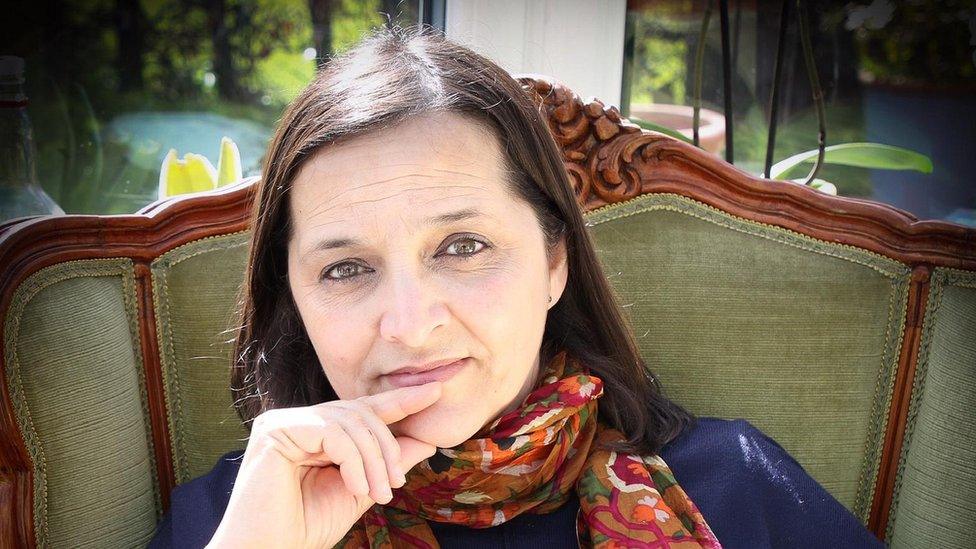
Counter-terrorism campaigner Figen Murray says Martyn's Law would "save lives"
Bereaved families and survivors of the Manchester Arena bombing have said they are "frustrated" a security law for venues has still not been introduced.
Figen Murray, whose son Martyn Hett was killed in the blast, said delays bringing in the Protect Duty, also known as Martyn's Law, "risked lives".
She has been speaking ahead of a major report being released later by the public inquiry into the 2017 bombing.
The government said it was "committed" to bringing forward the legislation.
Twenty-two people died and hundreds more were injured in the explosion at the end of an Ariana Grande concert on 22 May 2017.
Ms Murray has spearheaded the campaign for the Protect Duty, which would compel all public venues to have appropriate security procedures in place.

Twenty-two people died in the bombing on 22 May 2017
The legislation, which is supported by the chairman of the public inquiry into the bombing, was announced in the Queen's Speech in May and in the Conservative party's manifesto in 2019.
But no bill for the new law has yet been tabled.
"I keep getting told we have the support of the government yet legislation is being consistently delayed," Ms Murray said.
"Martyn's Law would save lives and every day it's not in place is another day we are putting the public at risk.
"I have now met five different security ministers, all of whom have said how important it is and how imminent the legislation is.
"Yet over five years on from the attack we are yet to see it."
Ms Murray, who was made an OBE for her counter-terrorism work, added: "I know politics has been in turmoil in recent months, but there is no excuse for delaying or weakening legislation that could save thousands of lives."
'Concrete legislation'
Cath Hill, who was at the arena with her son on the night of the attack and has since set up the Manchester Survivors' Choir, said: "We have all been through so much pain in the last five years.
"One of the few hopes we cling on to is that what happened to us will mean we learn the lessons and protect others.
"But for that to happen the government needs to change their warm words into concrete legislation."

Martyn Hett was among those killed in the arena bombing
Nick Aldworth, a former detective chief superintendent and UK counter-terrorism national coordinator, said: "I'm frustrated by how long it is taking for the government to fulfil what was a manifesto promise.
"When you consider myself and other senior police officers were calling for this legislation within days of the Manchester Arena attack, it's time for that experienced view to be listened to, and survivors and victims to be respected."
Brendan Cox, whose MP wife Jo Cox was murdered six years ago, co-founded the Survivors Against Terror campaign group.
He said the law would make the UK safer, adding: "If there were another attack where failure to prepare made the attack more deadly, the government would not be able to say it wasn't warned."
Security Minister Tom Tugendhat said: "I'm very grateful to Figen Murray's tireless campaigning and Martyn's Law will ensure public places put safety and security first.
"The commitment made to the Protect Duty in the Queen's Speech and the 2019 manifesto remains."
He added: "I am working hard with officials to bring forward this important piece of legislation as soon as possible."
The first of three reports, written by inquiry chairman Sir John Saunders, was published in June 2021.
He said suicide bomber Salman Abedi should have been identified as a threat by security and found there were "missed opportunities" to avert or minimise the "devastating impact" of the blast.
The chairman also levelled criticism at British Transport Police (BTP), the arena operators SMG, and their contracted security providers, Showsec.
He recommended a range of improvements, most notably supporting the introduction of the Protect Duty legislation.
The inquiry is due to publish volume two of its report later on the emergency response.

Why not follow BBC North West on Facebook, external, Twitter, external and Instagram, external? You can also send story ideas to northwest.newsonline@bbc.co.uk
- Published24 June 2022
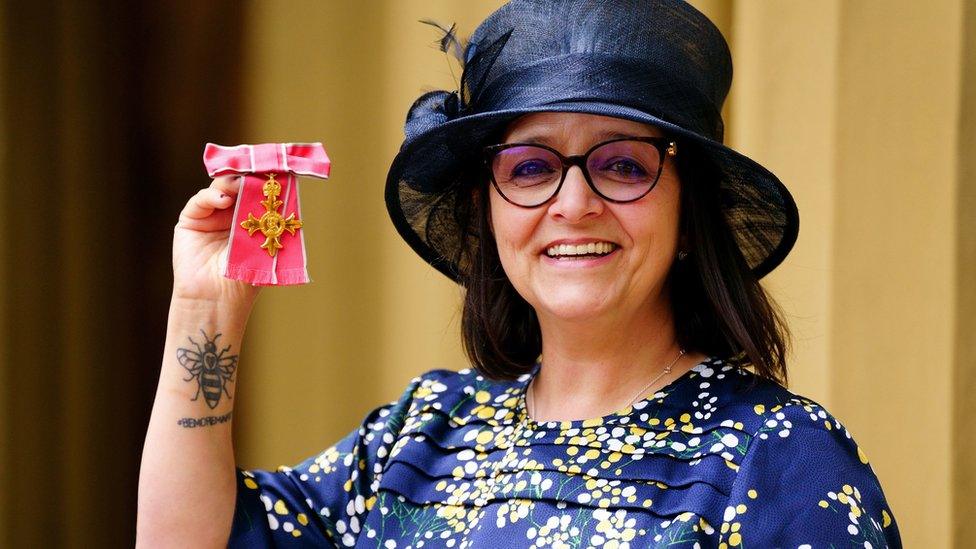
- Published15 September 2020
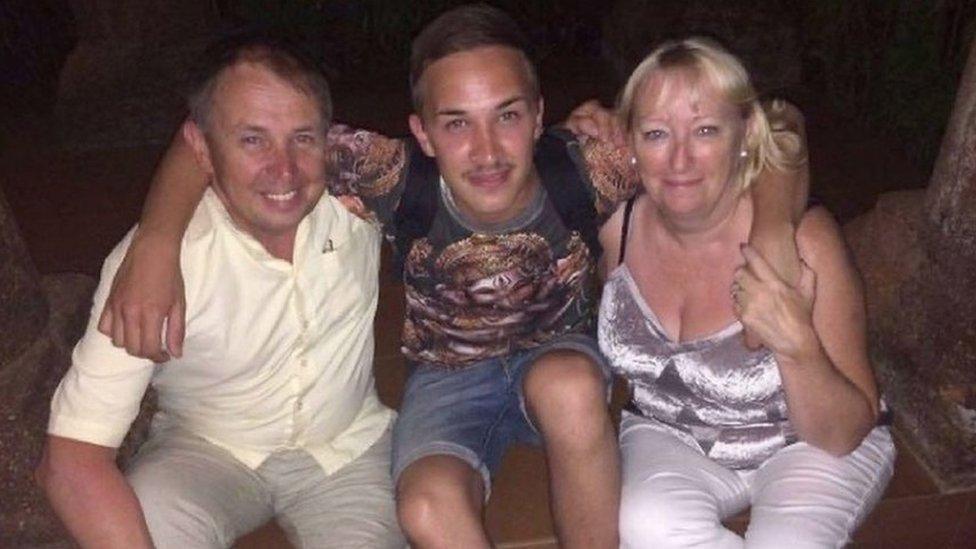
- Published21 May 2018
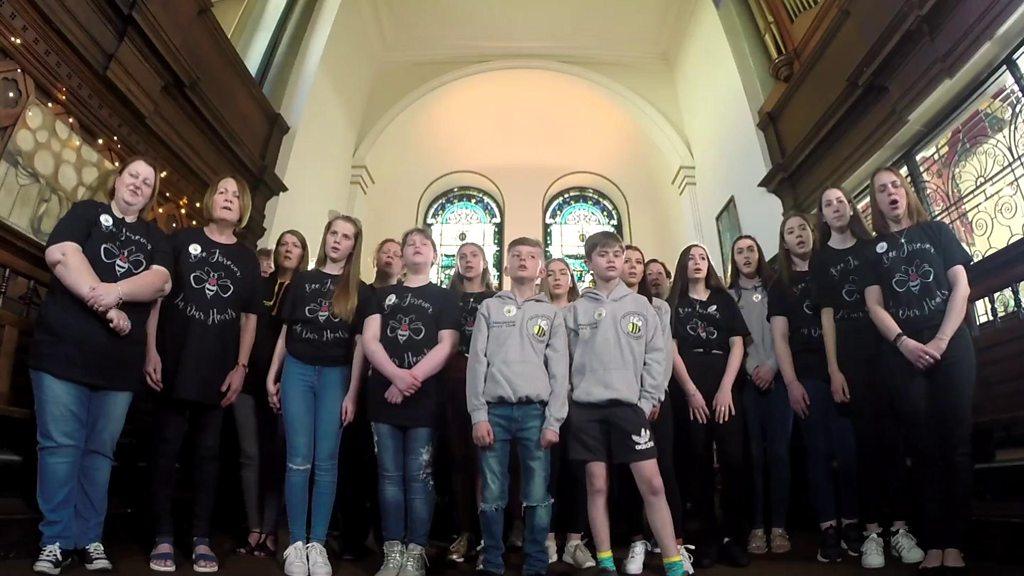
- Published17 June 2021

- Published14 March 2022

- Published12 October 2021
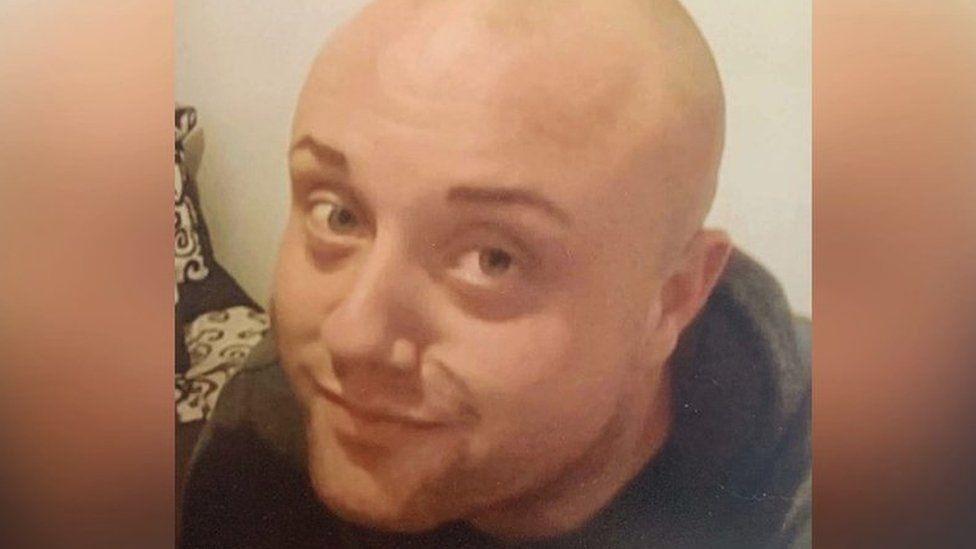
- Published29 December 2021

- Published6 October 2021
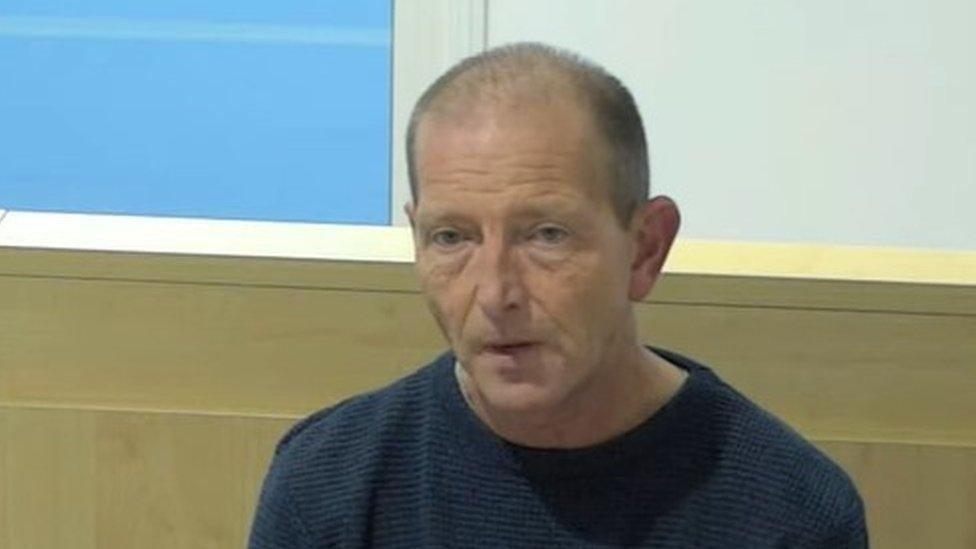
- Published10 May 2022
